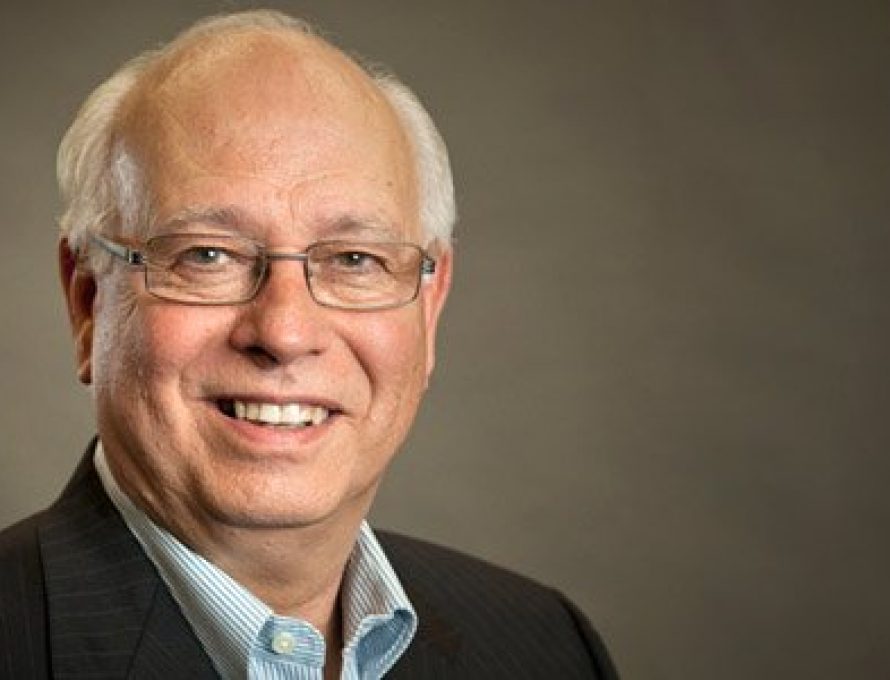The first week of August, the Roubidoux and Gasconade floodwaters ravaged many homes in this area. Many of the victims were not insured against floodwaters that rose to historic highs. Missouri Baptist Disaster Relief teams are there serving with several other first responder organizations.
Some of the local church students and adults are helping their neighbors and friends in their time of need by clearing debris from houses and yards. That is so characteristic of Missouri Baptists—helping others in the name of Jesus. That’s just what we do. Pray for the grieving families. Give through our MBC Disaster Relief. Serve by learning to be part of MBC Disaster Relief. Visit MoBaptist.org/DR.
***
Why bother with cooperative ministry?
So yes, it is easier for us to be involved in a movement without the messiness of institutions, but it is not nearly as effective.
J. D. Greear, lead pastor of the Summit Church in Durham, N.C., asked a similar question. He asked, “Why Bother with the SBC?” His blog entry appeared after the 2013 Southern Baptist Convention in Houston.
He acknowledges that cooperating with the SBC “offers a fair number of challenges: we are not a perfect people by a long shot.” And then he points to an interesting insight articulated in Tim Keller’s Center Church:
“It’s easy to see how institutions without movements quickly die (and, by ‘movement,’ I mean that sense of shared excitement, led by charismatic leaders with a compelling vision). What we often forget, however, is that movements without institutions lack both staying power and the teeth to accomplish their agenda.”
Churches such as the one led by Greear are often perceived as on the cutting edge of church health and leadership. These churches have great value in the Kingdom. They engage in creative ministries and demonstrate the influence of strategic leadership. However, if they embark on enterprises on their own, at best, they hope for dozens of church plants or dozens of independently supported missionaries. By comparison, cooperative ministry is counted by thousands and by generations.
While our SBC/MBC missionary count is down, collectively we are accomplishing amazing things. Our latest missionary count from the International Mission Board is 4,900 touching 787 people groups. In Missouri, you have 25 full-time missionaries serving nearly 2,000 churches with more than 50 new works in various stages of development in the church-planting pipeline.
At the same time, Missouri Baptists have substantial ministries to children, college students, and initiatives in church consultation/coaching and evangelism/discipleship. The six SBC seminaries have more than 14,000 students enrolled in theological education. No single church has the capacity to provide that kind of support. By cooperation and collaboration we are accomplishing great things together for God’s glory.
And someone needs to say out loud that although church planting is important, it is not all that supporting churches believe that missionaries should be doing. A lot of talk these days in ministry circles is about finding just one thing and putting aside everything else to do just one thing such as church planting or evangelism or discipleship (as if you can split those things apart).
While no ministry can be all things to all people, ministry is much more holistic, more comprehensive than what one person, one local church or one mission board or one para-church ministry or one institution can do. New Testament ministry is painted with a broad spectrum of significant Gospel strategies.
Greear summed up this concept, “So yes, it is easier for us to be involved in a movement without the messiness of institutions, but it is not nearly as effective.”
To take this idea a step further, consider this: by faith, cooperative ministry enables churches of every size and style to accomplish vast, multi-generational, multi-cultural Great Commission ministries beyond the vision of a local church leader. Almost a century ago, state convention church leaders and the Southern Baptist Convention leaders were wrestling with the problems of mission support.
Finally, after much prayer and conversation, in 1925 they mapped a system that became known as the Cooperative Program that fundamentally changed the face of missions. Instead of a church supporting a missionary or a group of churches supporting a missionary, SBC churches would all support the people God called to do missions and to equip the called with theological education.
This was visionary thinking for 1925. Who could foresee the missionary impact in our state, nation and world supported today by our Missouri Southern Baptist churches? Cooperative Program ministry remains visionary. We know that impacting lostness with the Gospel of Jesus Christ demands that we cooperate and collaborate like never before. As Gospel hostility increases, our greatest opportunities of faith are before us. n


